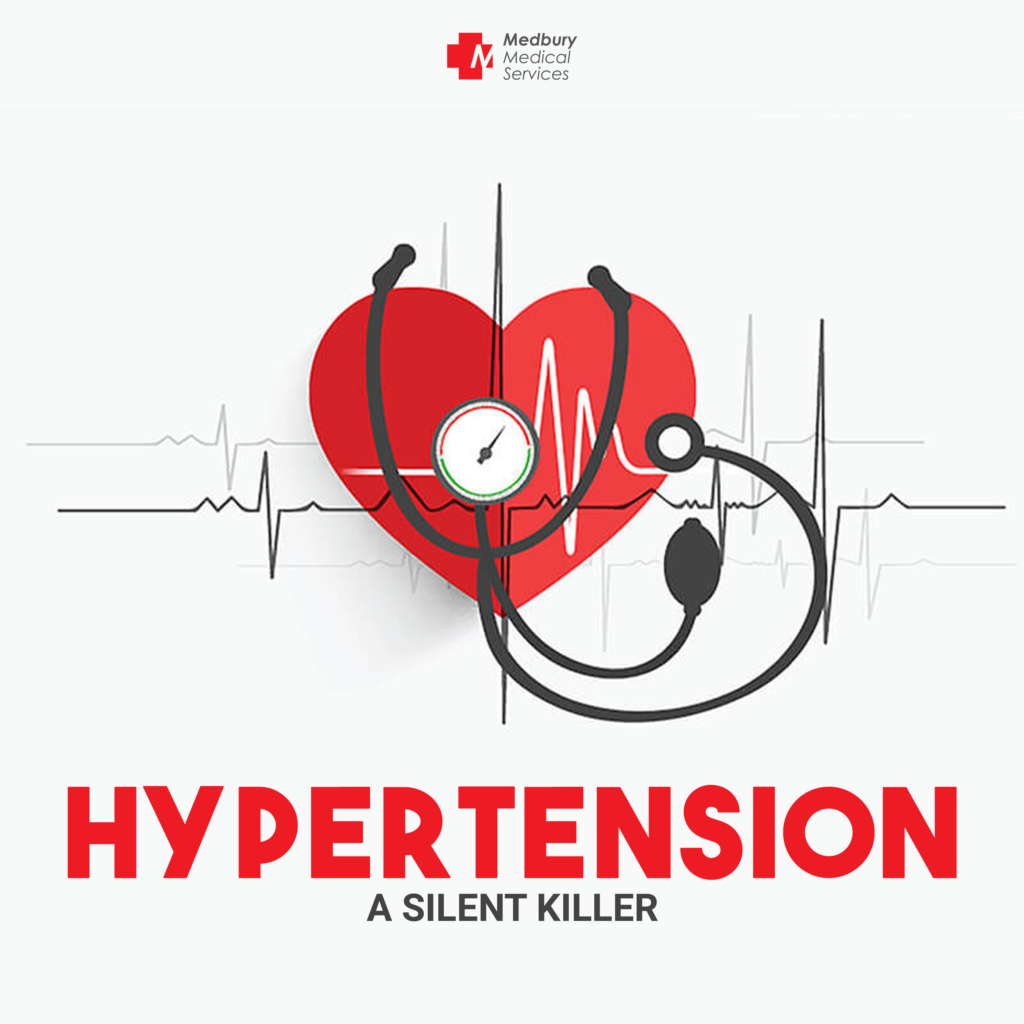One peaceful morning in March, Christiana Idowu ventured into her backyard farm, humming a local familiar tune as she plucked each ear of corn.
Then she felt a stab of pain in her chest. Her grip loosened, and corn fell to the ground. With the aid of her neighbors, Idowu walked back home, after which a nurse was called to attend to her.
After a quick diagnosis, the nurse concluded that Idowu’s blood pressure had risen significantly, triggering the chest pain with a possible risk of stroke. Developing a stroke at 56? A sudden panic gripped Idowu.
Idowu’s panic was, of course, related to hypertension, the medical condition associated with elevated blood pressure,increasing the risk of heart and brain disorders. Globally, it’s a leading cause of premature death, affecting over a billion people, approximately 1 in 4 men and 1 in 5 women. The disease is prominent among low- and middle-income countries, with two-thirds of cases occurring in these regions. This is largely attributed to the escalating risk factors in these populations over the past few decades.
The number of cases had surged to 1.28 billion, up from 650 in the last 3 decades, according to a groundbreaking study by Imperial College London and the WHO, which also showed that adults aged 30-79 as possible victims.
Despite this surge in the number of cases, nearly half of these individuals are unaware they had hypertension, highlighting a critical need for increased awareness and treatment interventions.
Of Nigeria’s 200-odd million population, a staggering 19.1 million people aged 30 and 79 developed hypertension in 2019.
In response to questions about the report, Leanne Riley, WHO’s Head of Surveillance for Non-Communicable Diseases, mentioned that if Nigeria could improve hypertension treatment coverage, it could prevent around 310,000 deaths by 2040.
It is worth noting that contrary to the misconception that men are usually the ones affected by hypertension because of the constant worry and burden they bear, especially in this part of the world, women also experience high-blood pressure. A global medical group has confirmed that 1 in 3 women experiences high-blood pressure globally.
Hypertension is reported to result from a confluence of factors, including unhealthy eating habits. A sodium-high diet is said to elevate blood pressure levels, as Idowu came to find out.
Excessive consumption of alcohol-containing beverages can also play a role in the development of hypertension. These factors often intertwine, creating a complex interplay that ultimately leads to blood pressure levels in individuals with hypertension.
This common condition can lead to severe complications if left untreated. The concern is that people with hypertension often don’t experience noticeable symptoms, making regular blood pressure checks crucial for detection and timely intervention.
Prevention
Women are advised to maintain a balanced diet by choosing healthy meal, with preference for fruits and vegetables. This will help steer clear of high blood pressure and its associated complications found in processed food, salt and sugar.
Similarly, women’s weight should always be checked to reduce the risk of high blood pressure, according to the Center for Diseases Control and Prevention. Medical experts often assess this using body mass index (BMI) calculations. Prioritizing adequate sleep and physical activities for overall health and to promote a healthy heart and blood vessels.
To minimize her risk of the deadly condition, Idowu has since cut down on her favorite carbohydrate foods. “The goal is to stay healthy now o,” she said.
One morning, Christiana Idowu experienced severe chest pain while working on her backyard farm, leading to a diagnosis of significantly elevated blood pressure, indicating a risk of stroke. Hypertension, a condition characterized by high blood pressure, affects over a billion people globally and is a leading cause of premature death, especially in low- and middle-income countries.
Despite the rising number of cases, many individuals remain unaware of their condition, emphasizing the need for greater awareness and treatment. In Nigeria, 19.1 million adults were reported to have hypertension in 2019. Improving treatment coverage in Nigeria could prevent approximately 310,000 deaths by 2040. Common misconceptions suggest men are more affected, but 1 in 3 women globally also suffer from high blood pressure.
Hypertension results from factors such as unhealthy eating habits, high sodium intake, and excessive alcohol consumption. This condition often goes unnoticed without regular blood pressure checks, making detection and timely intervention crucial. Prevention strategies include maintaining a balanced diet, monitoring weight, getting adequate sleep, and engaging in physical activities.
To reduce her risk, Idowu has since modified her diet by cutting down on carbohydrate-rich foods to stay healthy.






